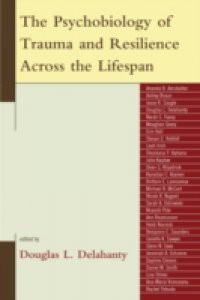Research has suggested that childhood experiences confer risk/resilience for reactions to trauma in adulthood, and predictors and correlates of posttraumatic stress disorder (PTSD) appear to differ developmentally. Research in PTSD has typically been conducted by either child or adult researchers with relatively little overlap or communication between the two camps. Developmental models of PTSD are necessary to fully understand the complex constellation of responses to trauma across the lifespan. Such models can inform study designs and lead to novel, developmentally-appropriate interventions. To this end, this book is organized in such a way as to present and integrate research into child, adult, and older adult trauma samples in an attempt to culminatein a testable model of PTSD risk and resilience across the lifespan. Each author incorporates a developmental slant to their individual chapter, and the chapters are organized to highlight potential differences in our understanding of risk and resiliencybetween children and adults. Initial chapters concerning pre- and peri-traumatic risk factors for PTSD lead into chapters reviewing specific risk and resilience factors in adults and children. Additional chapters focus on the impact of childhood trauma onadult functioning and the biology of PTSD in children, adults, and older adults. As PTSD rarely occurs in a "pure" form, specific chapters focus on the impact of comorbid disorders in our understanding of PTSD, and the final chapters consider both psychosocial and pharmacological treatments for PTSD in children and adults.



















